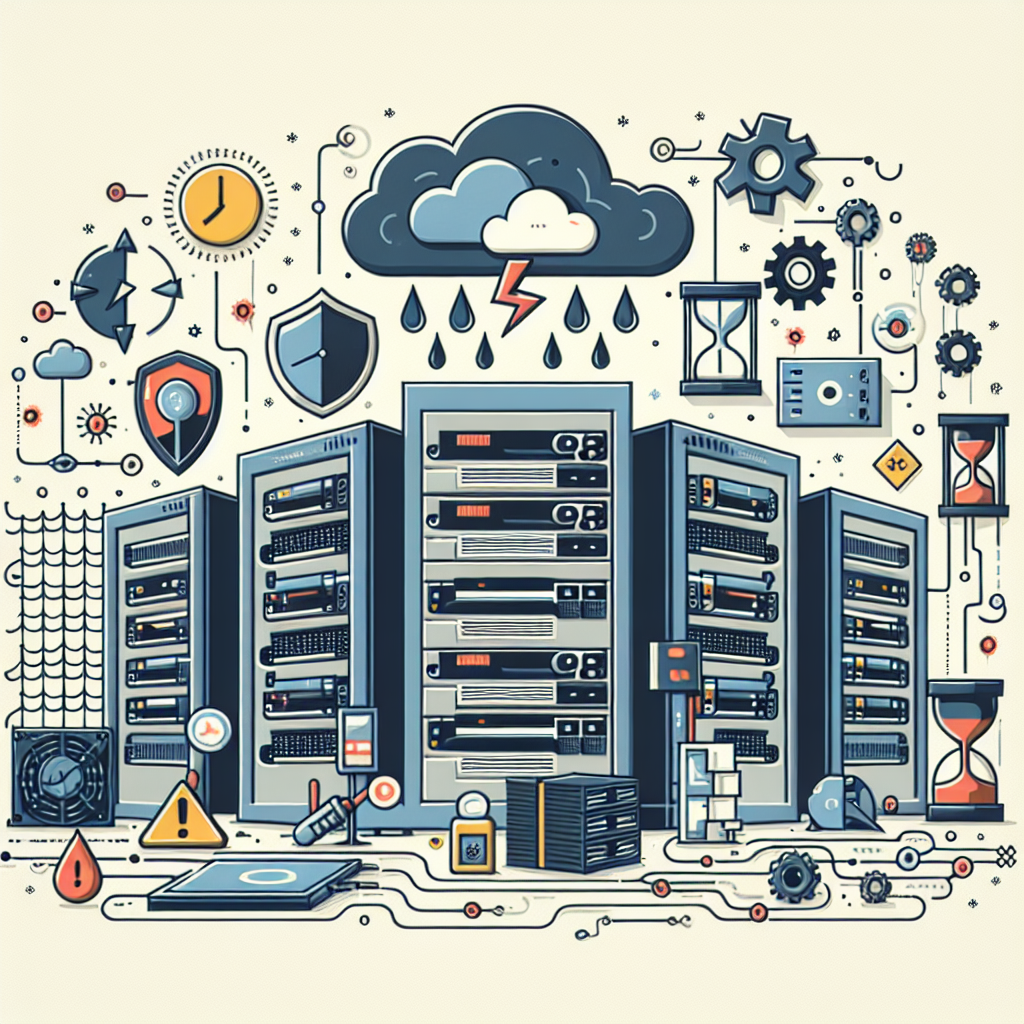Data centers are the backbone of modern businesses, providing the infrastructure needed to store, process, and manage vast amounts of data. However, even the most advanced data centers can experience downtime, which can have serious consequences for a business. In this article, we will unpack the causes of data center downtime and explore how businesses can avoid them.
One of the most common causes of data center downtime is power outages. Without a reliable source of power, data centers are unable to function, leading to downtime and potential data loss. Power outages can be caused by a variety of factors, including natural disasters, equipment failures, and human error. To avoid power-related downtime, businesses should invest in backup power systems, such as generators and uninterruptible power supplies (UPS), to ensure that their data center can continue operating even in the event of a power outage.
Another common cause of data center downtime is cooling system failures. Data centers generate a significant amount of heat, and without proper cooling systems in place, equipment can overheat and fail. Cooling system failures can be caused by a variety of factors, including poor maintenance, inadequate airflow, and equipment malfunctions. To avoid cooling-related downtime, businesses should regularly maintain and monitor their cooling systems to ensure they are operating efficiently and effectively.
Hardware failures are another leading cause of data center downtime. As data centers rely on a complex network of servers, storage devices, and networking equipment, the failure of any one component can lead to downtime. Hardware failures can be caused by a variety of factors, including age, wear and tear, and manufacturing defects. To avoid hardware-related downtime, businesses should regularly monitor and maintain their equipment, replace outdated or faulty components, and have spare parts on hand to quickly address any failures.
Human error is also a significant cause of data center downtime. From misconfigurations to accidental deletions, human mistakes can have serious consequences for a data center. To avoid human error-related downtime, businesses should invest in training and education for their staff, implement strict access controls and permissions, and regularly audit and review their systems to identify and address potential vulnerabilities.
In conclusion, data center downtime can have serious consequences for businesses, including loss of revenue, damage to reputation, and potential data loss. By understanding the causes of data center downtime and taking proactive steps to avoid them, businesses can ensure that their data center remains operational and reliable. Investing in backup power systems, maintaining cooling systems, monitoring hardware, and addressing human error can all help businesses minimize the risk of downtime and keep their data center running smoothly.


Leave a Reply